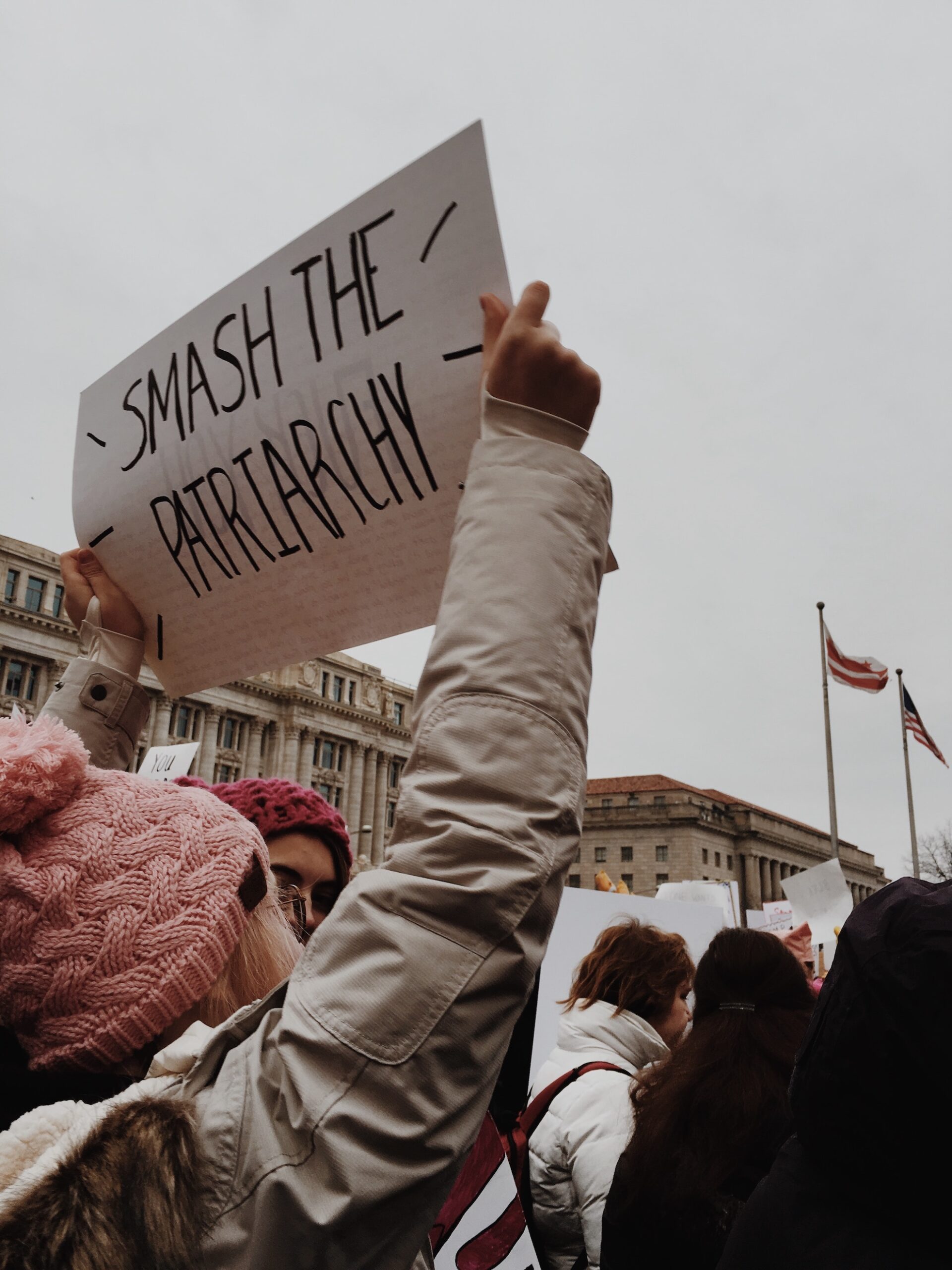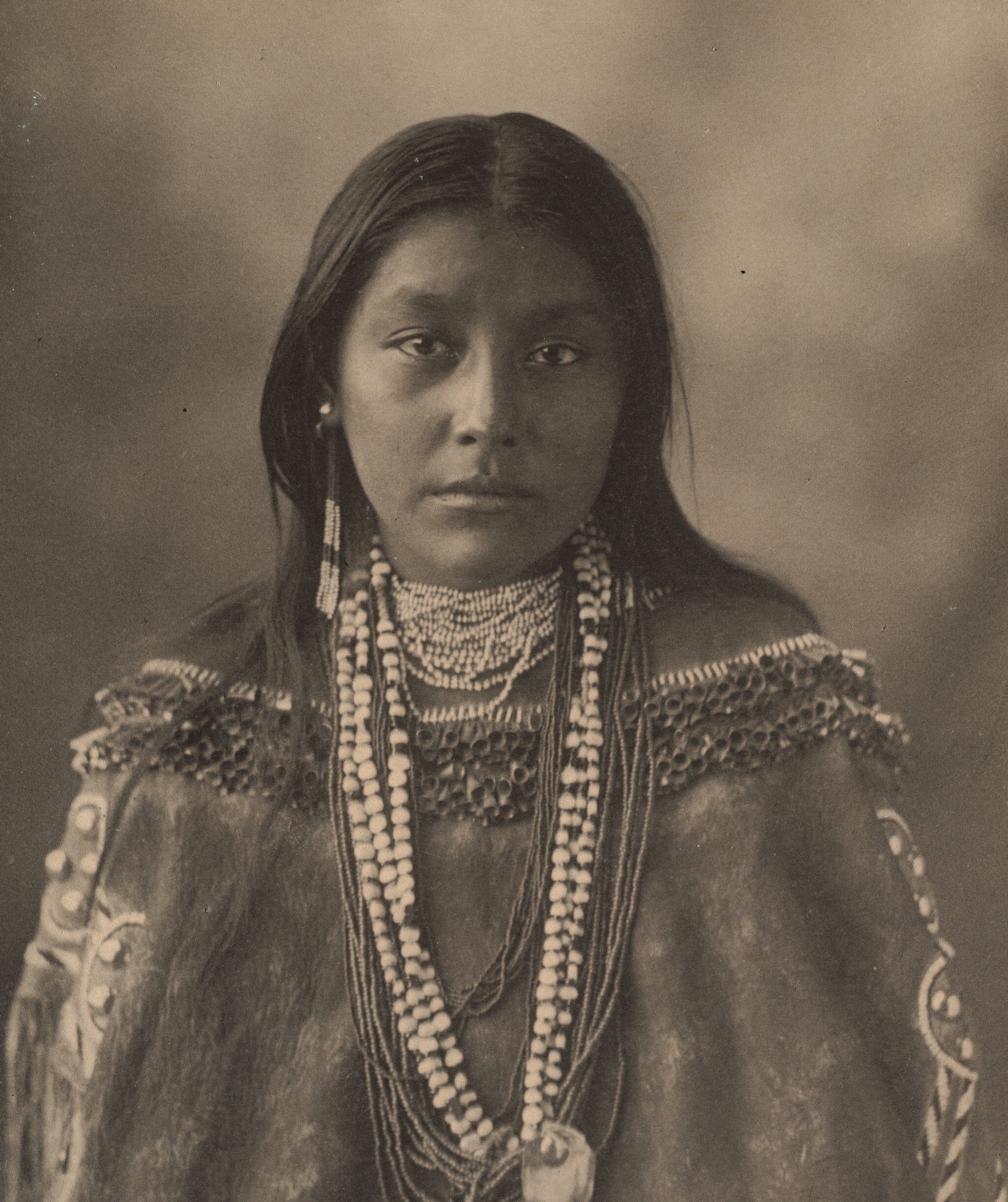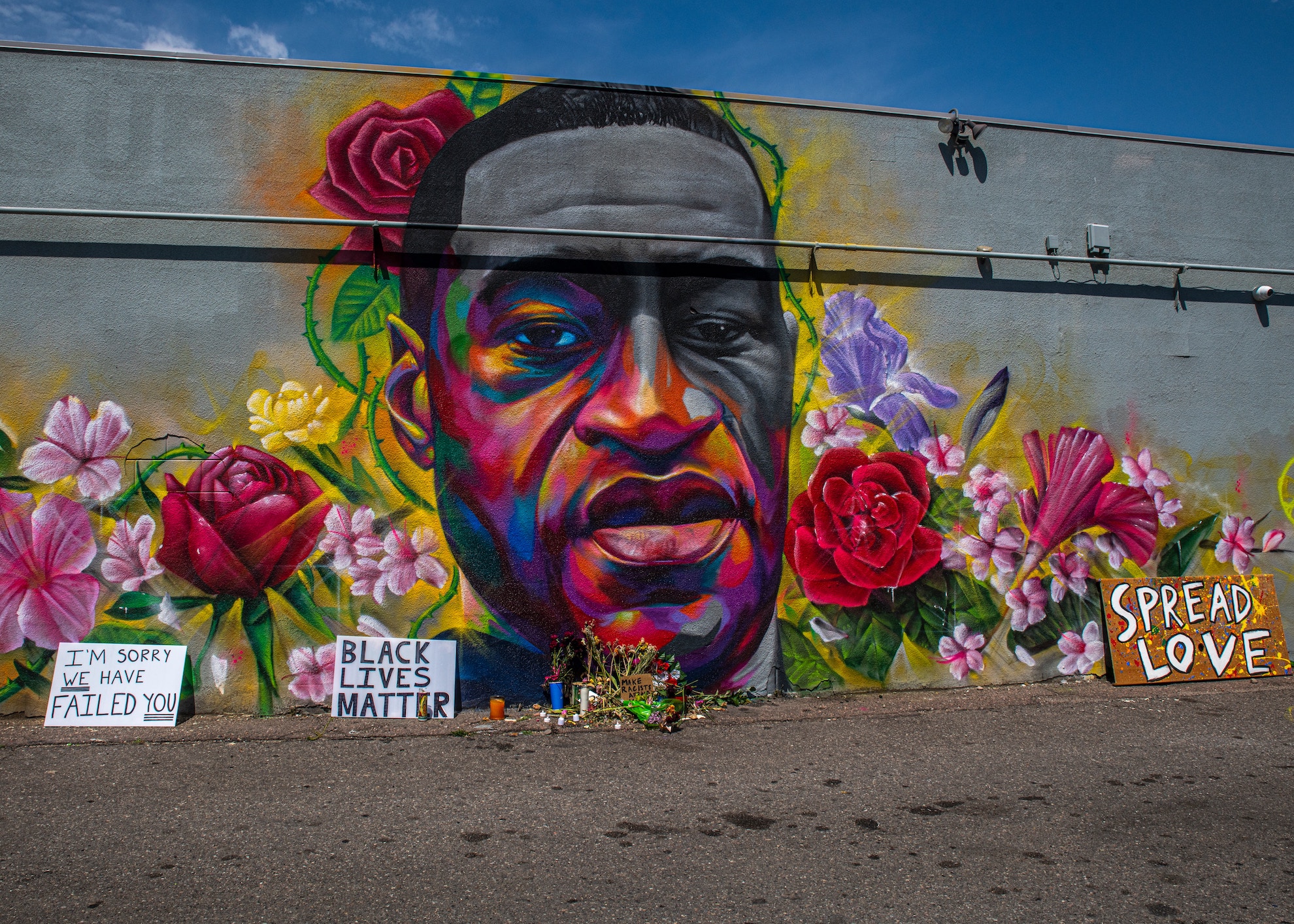On this day in 1968, the East Los Angeles student walkouts protested the quality of their education and showed support for the civil rights of Mexican Americans. The protest was the first of many and inspired later protests that used similar tactics. To talk about this anniversary, use the values of voice and equity.
Tag: racial justice
U.S. Immigration and Customs Enforcement (ICE)
U.S. Immigration and Customs Enforcement (ICE) was created on this day in 2002. Despite the mountain of evidence documenting the agency’s disregard for human life and cruel practices, Congress and the White House continue funding an agency that has deported millions of people and separated thousands of families. Cite the values of safety, equity, and economic opportunity.
National Professional Social Work Month
It’s National Professional Social Work Month, when social workers and their supporters educate the public about the invaluable contributions of the profession. Organized by The National Association of Social Workers, this annual observance celebrates the work of social workers amidst the converging crises of systemic racism, economic inequality, and global warming. Use this hook to discuss the values of community and economic opportunity.
Women’s History Month
Women have long led the struggle for equal rights across movements — from voting to LGBTQ+ equality. And yet, women continue to bear unequal burdens, with women of color being hit particularly hard by economic, public health, and other inequities. As you celebrate Women’s History Month, emphasize the vital role that women have played in the struggle for racial justice, economic opportunity, and inclusive democracy. Cite the values of equity and voice.
Missing and Murdered Indigenous Persons Awareness Day
In 2021, President Joe Biden signed a proclamation recognizing this date as Missing and Murdered Indigenous Persons Awareness Day. This observance follows years of Indigenous-led advocacy and organizing to shed light on the alarming rates of violence against Native American communities and the lack of justice for thousands of missing or murdered Indigenous people. Wear red on this day and uplift the values of safety and equity.
Brown II
On May 30, 1955, the Supreme Court ordered that schools should be integrated “with all deliberate speed.” Known as “Brown II,” the order was issued because few schools had integrated since the Brown vs. Board of Education decision. Cite this anniversary by referring to the values of voice, equity, and opportunity.
“Ain’t I a Woman?” Speech
On this day in 1851, Sojourner Truth made her famous “Ain’t I a Woman?” speech at the Women’s Rights Convention held in Akron, Ohio. Today, scholars see the speech as an intersectional critique of single-issue activism. It’s also an important anniversary in light of the potential impacts abortion bans and other state-level legislative attacks on reproductive rights have on people of color. Use the values of voice, equity, and community to discuss this anniversary.
Indian Removal Act
On this day in 1830, President Andrew Jackson signed into law the Indian Removal Act. The law authorized the president to “negotiate” the removal of American Indian nations in the South to federal territory west of the Mississippi River, paving the way for white Americans to settle in their ancestral lands. Today, we see this act as legitimating the genocide of native people. Talk about this anniversary by citing the values of voice, equity, and community
George Floyd
On this day in 2020, Minneapolis police officer Derek Chauvin murdered George Floyd. Chauvin’s actions, caught on video by a courageous teenage bystander, fueled nationwide mobilizing and organizing. Chauvin was found guilty on three charges of murder and manslaughter, a rare case of police accountability that lower-profile cases have seldom seen. Remember George Floyd and cite the values of safety and equity on this anniversary.
Resurrection City
On this day in 1968, only a few weeks after the assassination of Rev. Dr. Martin Luther King, Jr., civil rights activists formed the Poor People’s Campaign and set up a shantytown known as “Resurrection City” on the National Mall to draw attention to poverty in the United States. Many saw this as an initiative to complete King’s unfinished work. Use the anniversary of this action to discuss the values of community, voice, and economic opportunity.




